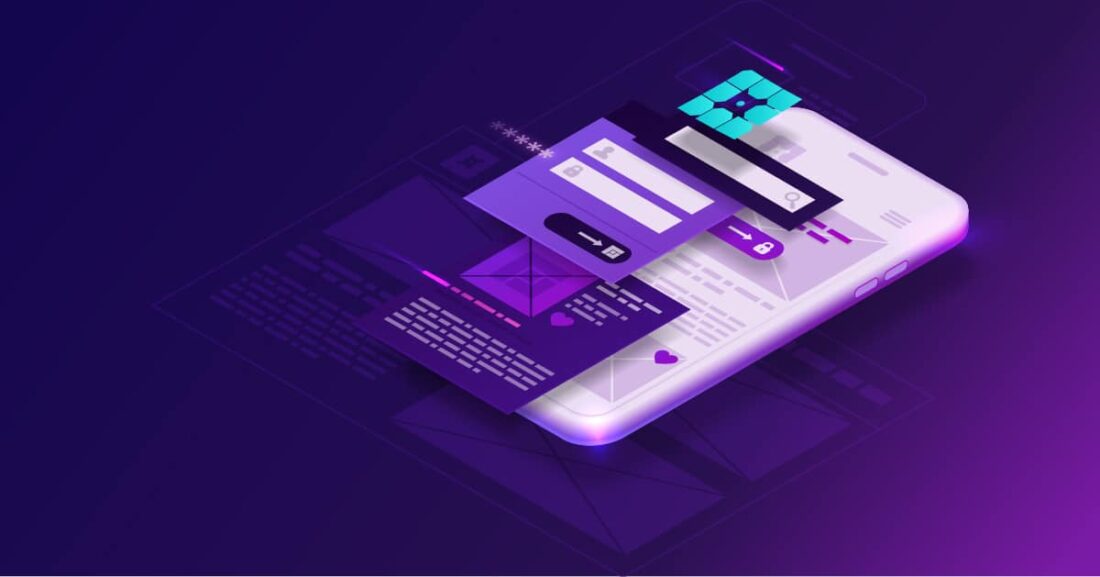The following is a guest post from Kanopi Studios, a women-run and values-driven agency which designs, builds, and supports websites for clients interested in making a positive impact.
A few months back, we posted a blog about one of our favorite subjects, Headless WordPress. Intended as a general overview, it soon led to a number of readers asking us whether Headless would be appropriate for their specific circumstances—many of whom were WP Engine customers. So, we decided to write a follow-up to address the most frequent questions we received regarding Headless and WP Engine.
Is Headless WordPress right for our WP Engine site?
If any of the following conditions apply, adopting Headless may be something to consider:
- Site performance is a key metric of your organization’s success.
- Your business operates in low-bandwidth areas where site speed and performance are especially critical.
- You have a lot of third-party integrations that are API driven.
- You have content from many different sources that you own—these sources all output an API.
- Your site incorporates e-commerce.
- You need to create an omnichannel for content that can be nearly endlessly reused.
- Your site is generally static, i.e. has no dynamic content, and rarely needs updating. Basically a set-and-forget type of website.
- Your site is more of a web app than a website. Online games, shopping carts, and data visualization sites like Tableau are all examples of web apps.
Three things WP Engine customers should know if they’re thinking of adopting Headless:
- Headless is typically not on-demand publishing. There are greater levels of caching and pages that need to be rebuilt when new content is published.
- In a Headless WordPress site, the headless part is the front-end display layer, typically written in a front-end Javascript library such as ReactJS. WordPress is the backend, allowing for content management and content editing.
- A Headless WordPress website will not have the gamut of WordPress plugins. Some plugins will be able to provide backend functionality that will need to be rendered on the front end.
What are the pros/cons of Headless WordPress when it comes to driving homepage conversions?
- Pros for homepage conversions
- Headless can offer enhanced performance and security for WP Engine customers.
- You can integrate many systems into one. Since Headless WordPress sites are generally API-driven (i.e., content comes from different secure data sources), a homepage can pull content from many different sources and display them in a single location. This can be especially helpful if your site features a lot of personalized content.
- Headless sites are flexible, agile and future forward. Since the content is separate from the frontend layer, they can easily adapt as technology evolves and changes. Just another advantage of being API-driven.
- Cons for homepage conversions
- Development support can be costly: Going Headless typically requires a ReactJS or VueJS developer, who typically run at a higher hourly rate than conventional WordPress developers.
- Headless is not out-of-the-box extendable: WordPress has a very large community that contributes to plugins and libraries, meaning there are a variety of extensions already available (such as SEO plugins).
- Inflexible content placement: For example, let’s say an A/B test reveals a component beneath the fold will work better at a higher position on the page. In Headless WordPress, you may need to contact your developer to make the change. In conventional WordPress, any content editor can do it themselves.
Things your developer will ask you when you’re discussing Headless WordPress:
The first thing they’ll probably ask you is, how would you classify your website? Is it an e-commerce website? Is it an educational site? Is it static? As basic as it seems, many organizations have never thought about their website in terms of a singular purpose. And the answer will help your developer consider the specific solutions that Headless can offer you.
From there, your developer will want to know some more specific information, such as:
- What are your integrations?
- How often does your content change?
- How much control over content do your content editors require?
- Will you be regularly releasing new features to the site?
- What level of security do you require?
Yes, we have experience with Headless & WP Engine.
Alameda County Community Food Bank (ACCFB) wanted to implement a sophisticated map feature that would show users the food bank locations nearest them, along with the business hours for each location. It also had to provide public transit information for each location. In addition, certain locations also needed to provide file links that users could use to download application forms and other paperwork. And we had to implement all of this without hindering site performance, so that people in need wouldn’t be discouraged from seeking food bank services.
Using a Headless WordPress configuration combined with WP Engine, the map and the listings update fast and efficiently as the user searches or moves around.
We’re here for all your Headless questions.
Headless as a service is an exciting new development, making this CMS format more accessible for all types of organizations with complex website needs. If you think Headless is the right move for your website, don’t hesitate to reach out to the Kanopi team today to get your project started.
This article was written by Ryan Leeson and Grant Proulx.


Check out last year’s Velocitize Talks interview with Anne Stephanyk, Founder & CEO of Kanopi.





Join the conversation